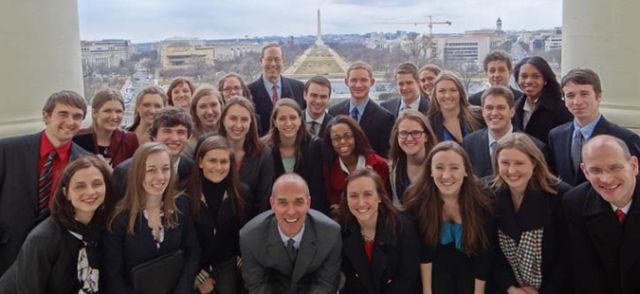Regulation and Rent-seeking: Understanding Attorney Certification
Document Type
Article
Publication Date
Winter 2001
Publication Source
State and Local Government Review
Abstract
Attorney certification programs take a variety of different forms. In some cases, states establish a government certification program. In others, state legislatures recognize or validate private certification programs. In still others, attorney certification is neither recognized nor legal. We attempt to explain this variance in state-level treatment of attorney certification by testing two competing viewpoints of this regulation: public interest vs. industry “rent-seeking,” or political manipulation.
Specifically, we examine the impact of a variety of economic and political variables on the level and type of legal profession regulation/certification in the 50 states. Although our analysis focuses on a specific type of regulation, we discuss the more general implications of our findings for situations in which transaction cost issues are involved. We give examples of relatively recent regulatory initiatives designed to reduce transaction costs and suggest that this type of regulatory activity—and the political dynamics associated with it—will become increasingly prevalent.
Inclusive pages
42-51
ISBN/ISSN
0160-323X
Copyright
Copyright © 2001, Sage Publications
Publisher
Sage Publications
Volume
33
Issue
1
Peer Reviewed
yes
eCommons Citation
Morris, Irwin L. and Neeley, Grant W., "Regulation and Rent-seeking: Understanding Attorney Certification" (2001). Political Science Faculty Publications. 62.
https://ecommons.udayton.edu/pol_fac_pub/62
COinS



